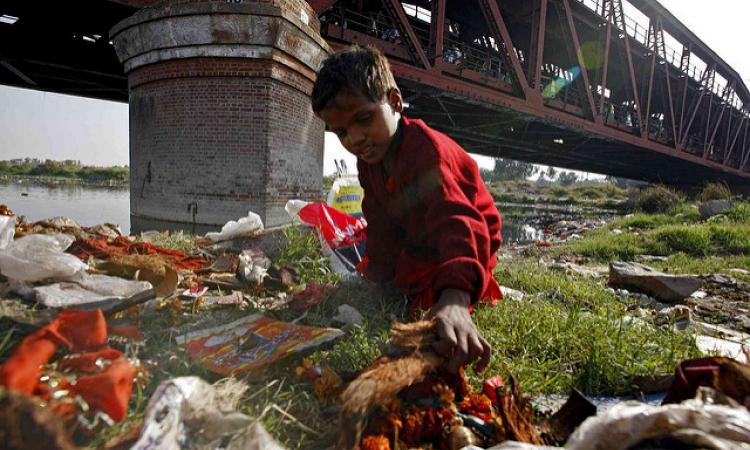
Non-biodegradable waste clogs Yamuna river after festival immersions
Despite strict orders from the National Green Tribunal in September, idol immersion continued in the Yamuna river across the capital after Durgashtami, choking the river once again with tonnes of toxic and non-biodegradable waste. In 2015, the NGT had put a complete ban on the use of POP and paints with high levels of lead in idols as they cause serious damage to the soil and water of the ecologically-sensitive area. As per the officials, however, the cleaning of ghats is under progress and that they will ensure no trace of the idols are left in the ghats.
Reduce the number of fishing vessels: CMFRI to Karnataka
The Central Marine Fisheries Research Institute (CMFRI) has suggested to the Karnataka government to reduce the number of fishing vessels in the state. The institute has proposed that the new vessels should be permitted only as a replacement for the existing vessels which have completed their lifecycle and there should be strict registration of fishing vessels with a validity period of 10 years, extendable up to two years.
Ban on sand mining in MP rivers gets lifted
The Madhya Pradesh government has resumed sand mining in the rivers across the state except for the Narmada river. To cope with the mining mafia, the state had imposed a ban on sand mining from May 22 to September 30. Also, the government has formed a committee that has tied up with IIT Kharagpur to provide a recommendation for the feasibility of sand mining in the Narmada river. The committee is also likely to finalise the new Sand Mining and Sale Policy 2017 by the mid of October.
Southwest monsoon starts withdrawal
According to the India Meteorological Department (IMD), the southwest monsoon has started its withdrawal from the northeast with an overall shortfall of five percent in rains till now. The monsoon has left nearly 34 percent of the country’s 660 districts with deficient rain. Moreover, the states which are agriculturally important like Uttar Pradesh, Madhya Pradesh, Haryana, Maharashtra and Punjab received 20-30 percent of deficient rains. Despite the monsoon retreat, however, a fresh wave of floods has hit Assam, submerging five districts.
Three-fold rise occurs in the cost of Upper Krishna Project-III
The estimated cost of the third phase of Upper Krishna Project (UKP-III) has been increased to Rs 51,148 crore from the original cost of Rs 17,602 in 2012. The three-fold rise in the cost is due to the increased land acquisition cost following the implementation of the new Land Acquisition Act. The project, which aims to irrigate 6.19 lakh hectares of land in nine drought-prone districts of north Karnataka, will acquire 1.33 lakh hectares while rehabilitating 22 villages.
This is a roundup of important news from September 27 - October 2, 2017. Also, read the policy matters this week.